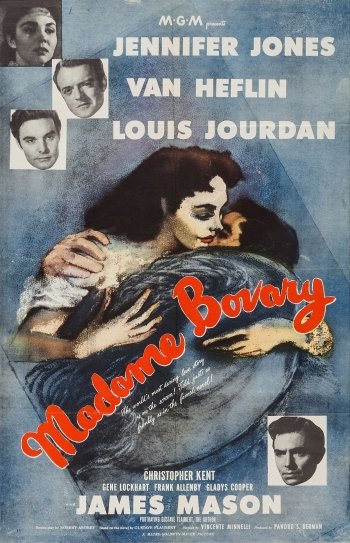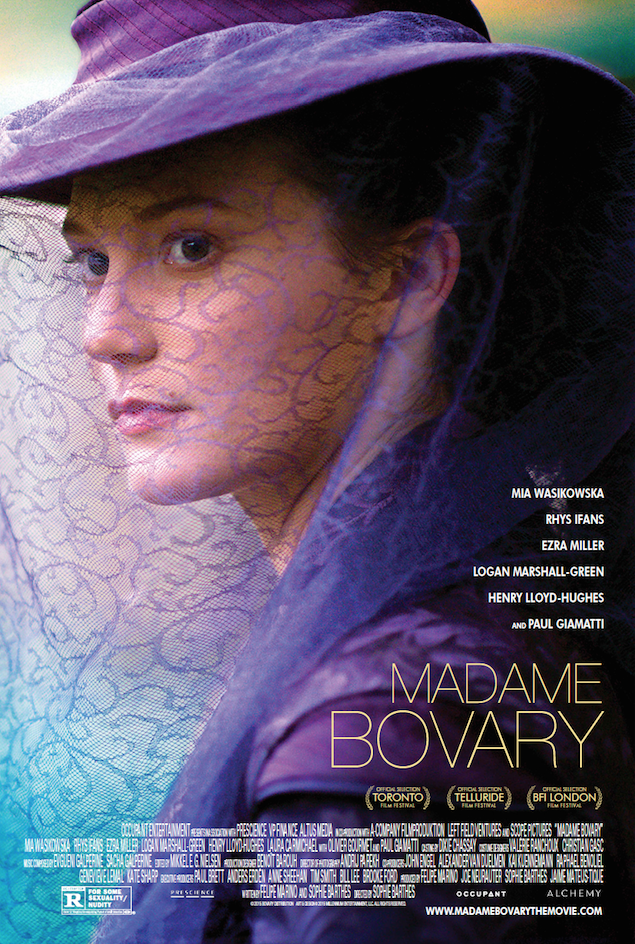
The book takes place over a number of years, and while here we are not given an exact sense of the length of the marriage, one gets the impression that it is roughly a year or two. No one would suggest that Charles didn't act like an oaf in the moment, but it serves as a poor stand-in for the demise of a relationship (or even the start of the demise). There is no fight Emma simply fumes and her anger begins to build. One of the main scenes in which the marriage turns sour is almost immediately after the wedding, when Emma spends hours making a dessert which Charles has no interest in. Those elements are all setup in a few short scenes and it makes the change from doting wife trying to make the relationship work to disconsolate adulterer overly quick. There is little reason given in the film for why Emma begins running up a mountain of debt and looks for love outside of her marriage. The trouble is that too often, her actions do appear to be outlandish. The actress, whom you may know from Tim Burton's Alice in Wonderland, is charismatic and holds the viewer's attention even when one thinks Emma Bovary herself to be outlandish.

Here some of the changes fall flat, but it is all propped up by Wasikowska. The question is whether the movie can stand on its own or if it leans too heavily on requiring the viewer to know the original work. That is a necessity when adapting a novel for the screen – more happens in the pages of a book than can possibly be shown in a feature-length movie.

While the overarching plot will undoubtedly be familiar to those who know the story, it is not a straight adaptation with some characters and incidents unfolding in somewhat altered fashion.

The classic Gustave Flaubert novel, which has been adapted for the screen several times before, here is directed by Sophie Barthes with a screenplay from Barthes and Felipe Marino.


 0 kommentar(er)
0 kommentar(er)
